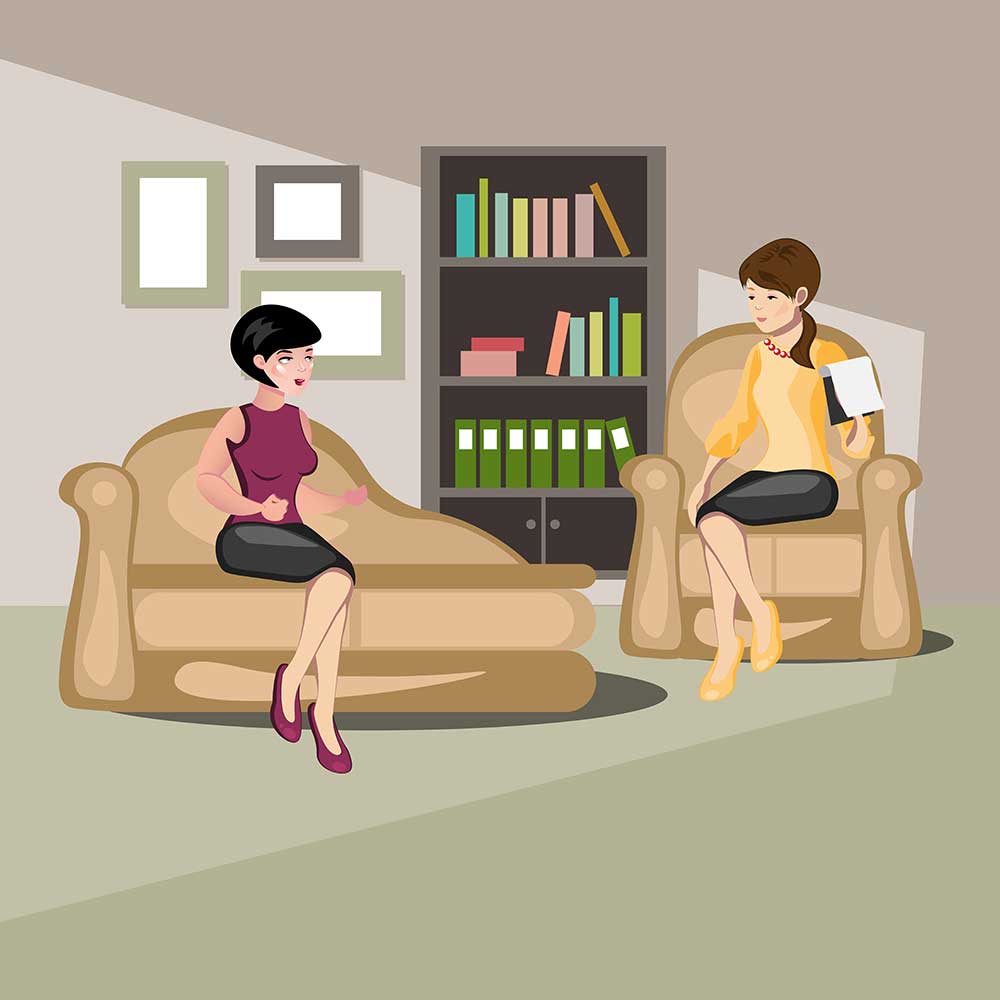Holistic Counselling
The Holistic Approach
The term ‘holistic’ describes the importance of treating many parts of the individual or the whole being. The term was first introduced 2,500 years ago by Hippocrates, who believed that it was essential to establish equilibrium within the individual. ‘Holistic’ is an idea that several aspects of a human are working in concert with each other.
During the 20th century, treatment became divided between mind and body. The thinking at the time was that mind and body were viewed as being separate. The mind could be treated by what was referred to as ‘talk therapy’ and the physical body was treated with drugs and surgery.

Holistic Counselling
Holistic counselling addresses the way issues in one aspect of a person, can lead to concerns in other areas. Those pursuing holistic therapy may, with the support of a qualified mental health professional, become better attuned to their entire awareness, which can often promote greater acceptance of the self.
Instead of considering someone as “sick,” or only having psychological issues, holistic counselling treats the whole person and understands that all aspects of health, whether mental or physical, are interrelated. The individual is treated in terms of their mind, body, and spirit.
Connecting the vital interaction between physical experiences, thoughts, and spiritual understandings is the key to overall well-being and self-awareness. Acceptance and relaxation are important components of this therapy.
Holistic Therapy and Exercises
This process operates on three levels: the body, the mind, and the soul.
Initially, massage and bodywork focus attention on areas of tension. These areas of tension are treated as manifestations of deeply repressed emotions.
As an increased trust is achieved, the therapist can help the patient release bodily tension. The release of this tension helps the patient be receptive to new feelings of emotion.
Once bodily tensions are released, verbal forms of psychotherapy are used to understand the emotions resulting from that release. Therapists and patients achieve a better understanding of the role that emotions play in their life by addressing the repression of those emotions and helping the person take control of those emotions. Only once the person realizes the suppression of their emotions can the holistic sessions continue. The goal is to reintegrate repressed emotions into the “whole self.”
This next stage of connecting a person’s mind and soul to a deeper meaning in the world can be a difficult one to reach, many times including psychoeducation of philosophical concepts and meditation. It may take years before this level is reached.
Issues Treated by Holistic Therapy
Holistic therapy can resolve issues as unique as each individual. Holistic therapy can be very effective as a preventative therapy, or wellness practice, and beneficial in the treatment of:
- Trauma resulting from various kinds of abuse and sexual assault.
- Stress
- Various situational somatic ailments
- Mood regulation
- Anxiety
- Depression
Holistic therapy will not eliminate symptoms but rather a way that a person’s consciousness can recognize a higher awareness. The therapy is geared more towards accepting the individual’s situation rather than trying to change it.
Can Gaia Counselling Help?
At Gaia Counselling, our holistic counsellors in Vancouver combine academic knowledge and years of holistic psychotherapy in Vancouver. Contact us and let us help you on your journey of self-discovery.
What are our clients saying:
Our Services
ADHD Therapy
Children and young adults who suffer from Attention Deficit Hyperactivity Disorder struggle with their interactions with others and the environment around them.
Anxiety Therapy
Almost everyone experiences general anxiety throughout their lives. People may develop any of a variety of related disorders if they experience it frequently.
Depth Therapy
The goal of depth psychology is to discover the root cause of your difficulties by exploring your subconscious mind, feelings, thoughts, and behaviors.
Dreamwork Therapy
Based on the premise that dreams can embody messages from the subconscious, this approach aims to heal physical, mental, and emotional issues.
Emotional Focused Family Therapy
This therapy strives to create a feeling of trust, respect, and communication between members of a family.
Focusing-Oriented Therapy
FOT is a collaboration and a secure and empowering way for the client to bring new perspectives for surmounting their challenges.
Mood Disorders
Mood disorder is an emotional mental state. In most cases, it manifests as periods of extreme happiness, extreme sadness, or moving from one mood to another.
Psychedelic Integration
Psychedelic therapy is a form of psychotherapy that can be used to understand psychedelic experiences, to process them, and to integrate them into your daily life.
Shamanic Work
With shamanic work, you will be able to discover your own spiritual resources and strengthen your connection to the spirits.
Trauma/PTSD Therapy
A psychiatric disorder known as posttraumatic stress disorder may affect people who have been exposed to traumatic events.
